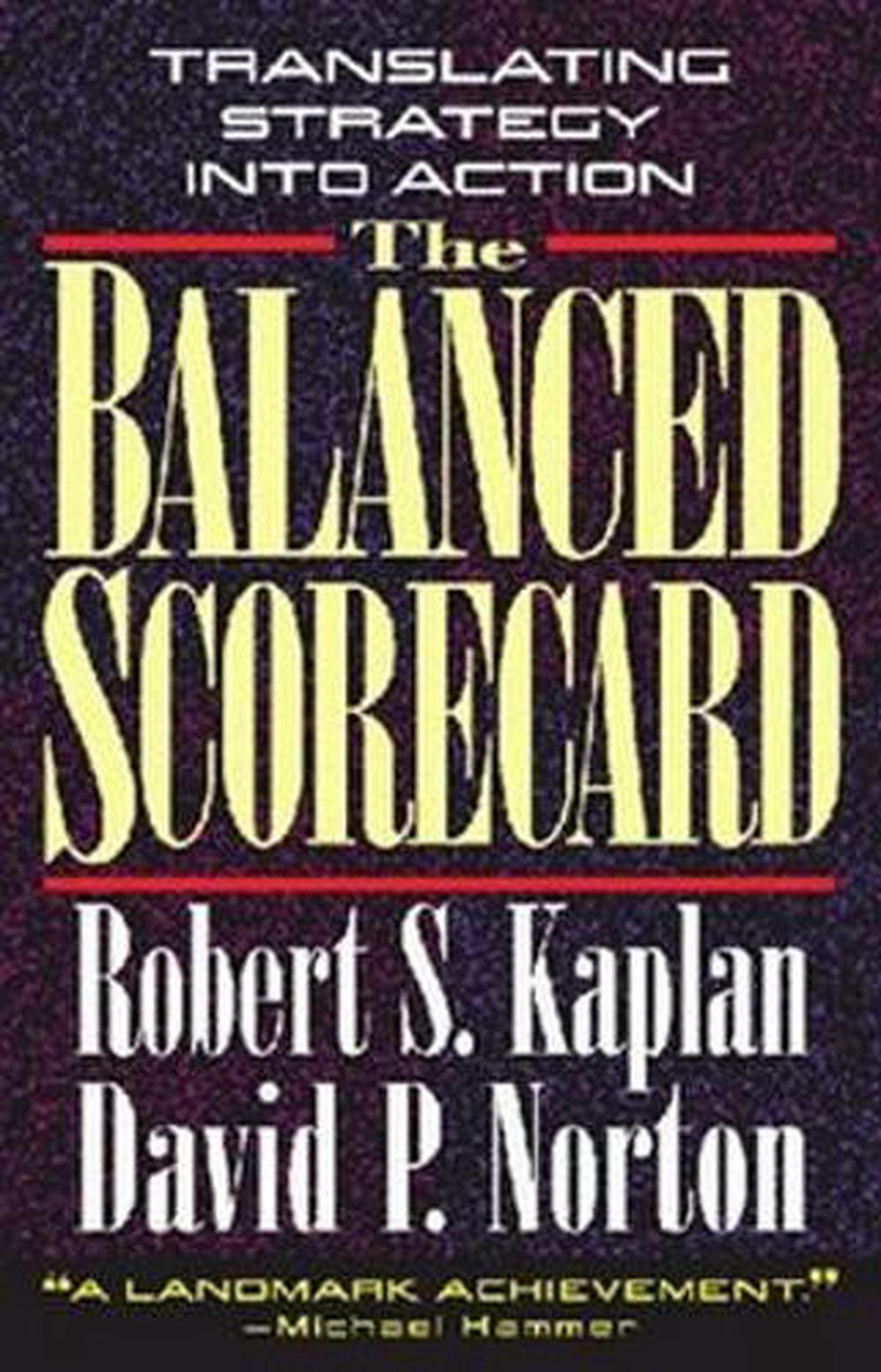
The Balanced Scorecard
translating strategy into action
$115.01
- Hardcover
336 pages
- Release Date
2 September 1996
Summary
The Balanced Scorecard translates a company’s vision and strategy into a coherent set of performance measures. The four perspectives of the scorecard–financial measures, customer knowledge, internal business processes, and learning and growth–offer a balance between short-term and long-term objectives, between outcomes desired and performance drivers of those outcomes, and between hard objective measures and softer, more subjective measures. In the first part, Kaplan and Norton provide the…
Book Details
| ISBN-13: | 9780875846514 |
|---|---|
| ISBN-10: | 0875846513 |
| Series: | Harvard Business School Press |
| Author: | Robert S. Kaplan, David P. Norton |
| Publisher: | Harvard Business Review Press |
| Imprint: | Harvard Business Review Press |
| Format: | Hardcover |
| Number of Pages: | 336 |
| Edition: | 1st |
| Release Date: | 2 September 1996 |
| Weight: | 657g |
| Dimensions: | 241mm x 162mm |
About The Author
Robert S. Kaplan
Robert S. Kaplan is the Arthur Lowes Dickinson Professor of Accounting at the Harvard Business School. David P. Norton is the president of Renaissance Solutions, Inc. They are the authors of three seminal Harvard Business Review articles on the Balanced Scorecard.
Returns
This item is eligible for free returns within 30 days of delivery. See our returns policy for further details.




